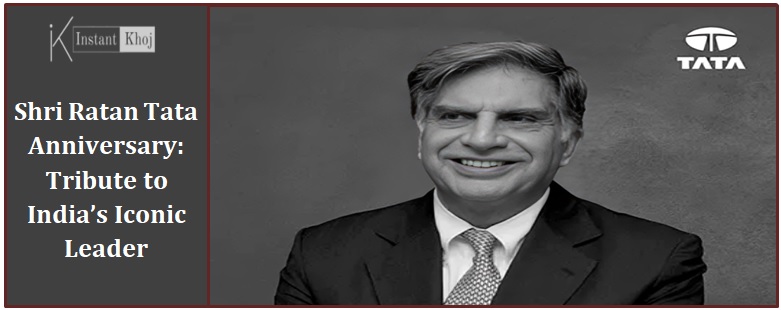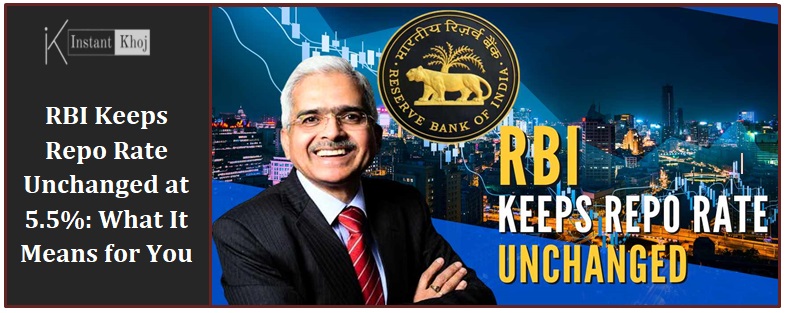Table of Content
- Early life and the making of a leader
- Steering the Tata Group onto the global stage
- The philanthropic heartbeat — Tata Trusts and public service
- A life defined by humility and integrity
- Final days and national mourning
- The legacy that keeps working
- Aftermath and institutional challenges
- Frequently Asked Questions (FAQs)
- Closing note — a personal, respectful reflection
(A respectful tribute on his death anniversary — biography, legacy, and FAQs)
There are lives that change the shape of a nation not with loud fanfare but with steady, principled action. Sir Ratan Naval Tata was one of those rare figures. As we mark his death anniversary, we remember a man whose name became synonymous with integrity, compassion, and the kind of leadership that quietly insisted on doing the right thing — for employees, customers, and the larger community. The grief that followed his passing was not just for the loss of a business titan, but for the departure of an exemplar of public service in private life.
Early life and the making of a leader
Ratan Tata was born on 28 December 1937 in Bombay (now Mumbai) into the distinguished Tata family. He was raised by his grandmother, Lady Navajbai Tata, after his parents separated, and his upbringing blended privilege with a strong sense of duty and humility. Educated at institutions in India and abroad, he studied architecture at Cornell University before returning to India and slowly working his way through the Tata organization — learning manufacturing, product development and, crucially, how to lead with patience and moral clarity.
Steering the Tata Group onto the global stage
When Ratan Tata became chairman of Tata Sons in 1991, India was at the cusp of economic transformation. Over the next two decades he shepherded the conglomerate into a new era — expanding its global footprint and transforming it into a modern multinational while keeping the group’s philanthropic soul intact. Under his stewardship, Tata acquired companies such as Tetley, Daewoo’s truck business, Corus, and the iconic Jaguar Land Rover — deals that put Indian industry firmly on the global map. He also championed ambitious, people-first projects like the Tata Nano, an attempt to democratize car ownership.
The philanthropic heartbeat — Tata Trusts and public service
Ratan Tata’s name will always be linked not only to business achievements but to enormous philanthropy. The Tata Trusts — long central to the Tata story — stewarded vast resources for health, education, rural upliftment and urban renewal. Even as he led aggressive corporate growth, Ratan Tata insisted that a business house’s wealth should benefit society. His personal donations, trustee oversight and public encouragement of social initiatives left a lasting institutional legacy that continues to fund scholarships, hospitals, and community programs across India.
A life defined by humility and integrity
What set Ratan Tata apart from many corporate peers was the way he combined strategic risk-taking with moral seriousness. He was known for a modest personal lifestyle, quick wit, and a willingness to champion employees and small suppliers. His behavior — taking responsibility in public, protecting the brand’s reputation, and insisting on fair play — inspired trust among colleagues, competitors, and the public. For millions, his quotable lines on perseverance, decision-making, and service became touchstones of modern Indian leadership.
Final days and national mourning
Ratan Tata passed away on 9 October 2024 at the age of 86. His death prompted an outpouring of grief across India and abroad: the country observed moments of mourning, thousands paid respects at public viewings, and he was accorded full honours befitting one of India’s most consequential civic-business figures. His funeral ceremonies reflected both his Parsi heritage and the cross-community respect he enjoyed, and leaders from business and government came forward to acknowledge his unique role in shaping modern India’s industrial and philanthropic landscape.
The legacy that keeps working
A true measure of Ratan Tata’s life is that his influence continues to be active — not just in boardrooms but in hospitals, classrooms, and start-ups he quietly supported. Tata companies remain pillars of the Indian economy. Tata Trusts continue to fund high-impact social projects. Many entrepreneurs and social leaders point to him as a model — not merely for his business acumen but for his insistence that success is meaningful only when it improves lives. Even after his death, public debates, commemorations, and civic initiatives have reflected on how to carry forward his ethos.
Aftermath and institutional challenges
Loss of a leader of Ratan Tata’s stature also exposed institutional pressures. In the year following his death, reports indicated disputes within the stewardship structures that oversee Tata Group’s trusts and controlling interests — issues that attracted government attention and urged resolution, highlighting the complex interplay between private philanthropic governance and public interest when a nationally important institution evolves. These events have reinforced many observers’ calls to preserve transparent, accountable stewardship of the group’s philanthropic endowments to honor the spirit in which they were built.
Frequently Asked Questions (FAQs)
When did Ratan Tata die and what were the official ceremonies?
Ratan Tata passed away on 9 October 2024. Following his death, a public viewing and state funeral were held, with thousands paying their respects and governments declaring days of mourning. The ceremonies reflected the broad national respect for his life and service.
What are some of Ratan Tata’s most significant business achievements?
He led Tata Group through international acquisitions (Tetley, Corus, Jaguar Land Rover), expanded manufacturing capabilities, and launched projects like the Tata Nano. Under his leadership, the conglomerate evolved into a globally recognized set of enterprises with deep roots in social responsibility.
How did Ratan Tata contribute to philanthropy?
Through the Tata Trusts and personal endowments, he supported education, healthcare, rural development, and disaster relief. The Trusts — major shareholders in Tata Sons — continue to fund long-term social programs across India.
Did Ratan Tata leave a will or set up an endowment?
Posthumous reporting indicated arrangements and directives related to his estate and philanthropic endowments; specifics were handled through charitable trusts and related mechanisms to ensure continuity of charitable work. (For granular legal details, consult official announcements from Tata Trusts or company filings.)
How is the Tata Group being governed after his death?
Tata Group leadership continues under an appointed board and professional management. After Ratan Tata’s passing, there were public reports about disputes within trustee and governance circles that prompted calls for clear, stable stewardship to maintain public trust and the conglomerate’s mission. Government and civic stakeholders urged timely, transparent resolutions.
Closing note — a personal, respectful reflection
Writing about Ratan Tata is, for many, an exercise in gratitude. He was a bridge between old-world stewardship and a modern, purpose-driven corporate ethos. Whether one recalls him for the bold acquisitions that put Indian industry on the global map, the philanthropic institutions that continue to heal and educate, or the countless small acts of decency that defined his public persona — the net effect is the same: a life that asked more of business than profit, and asked more of privilege than comfort. On his death anniversary we do more than remember facts; we recommit to the values he embodied — humility, service, and an unshakable belief that enterprise and empathy together can change lives.
Also Read:
Latest News: Mahindra Bolero Facelift 2025 — What’s New?
Nissan Tekton SUV to Launch in India by Mid-2026
Follow Blog’son Instantkhoj for more latest stories and trending topics.




